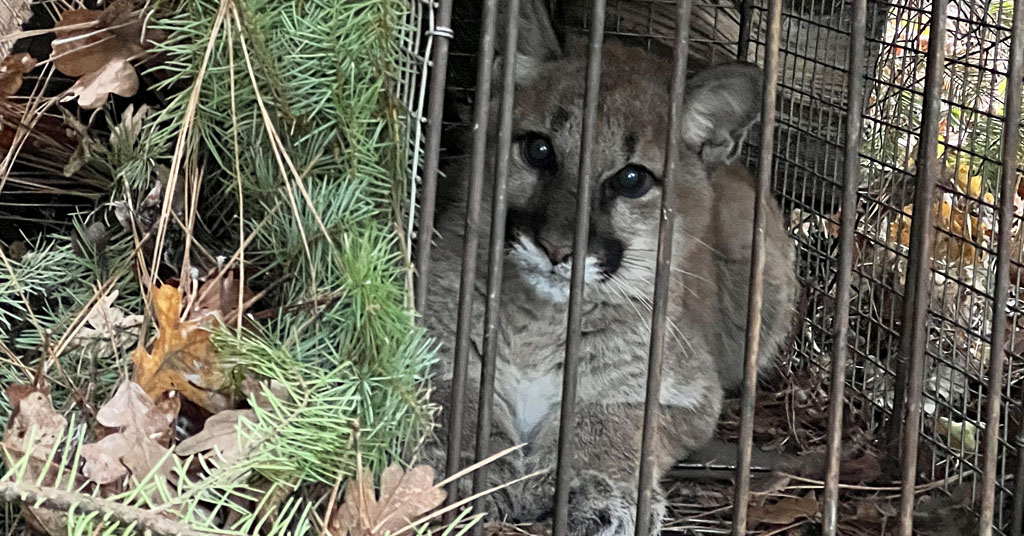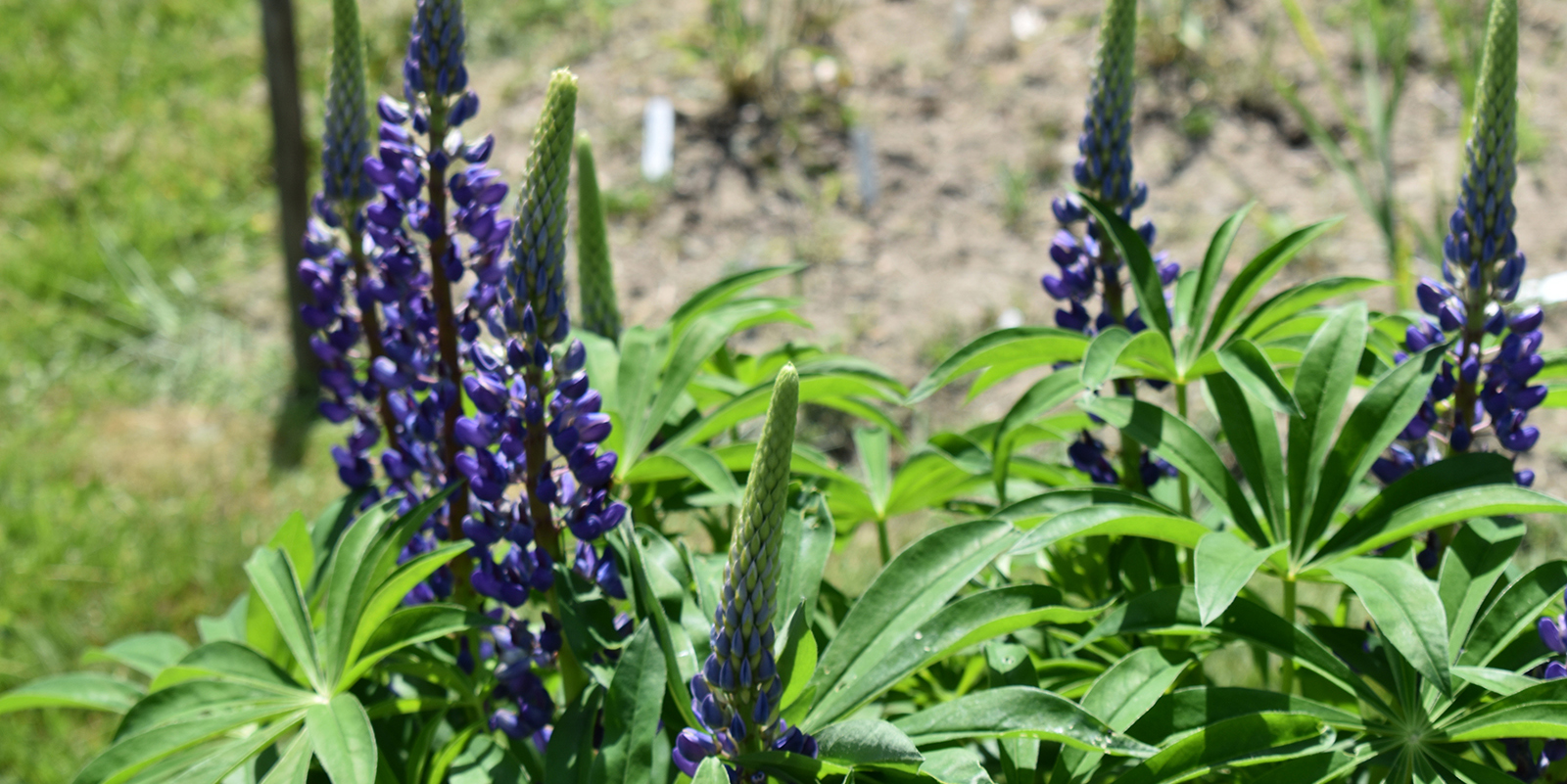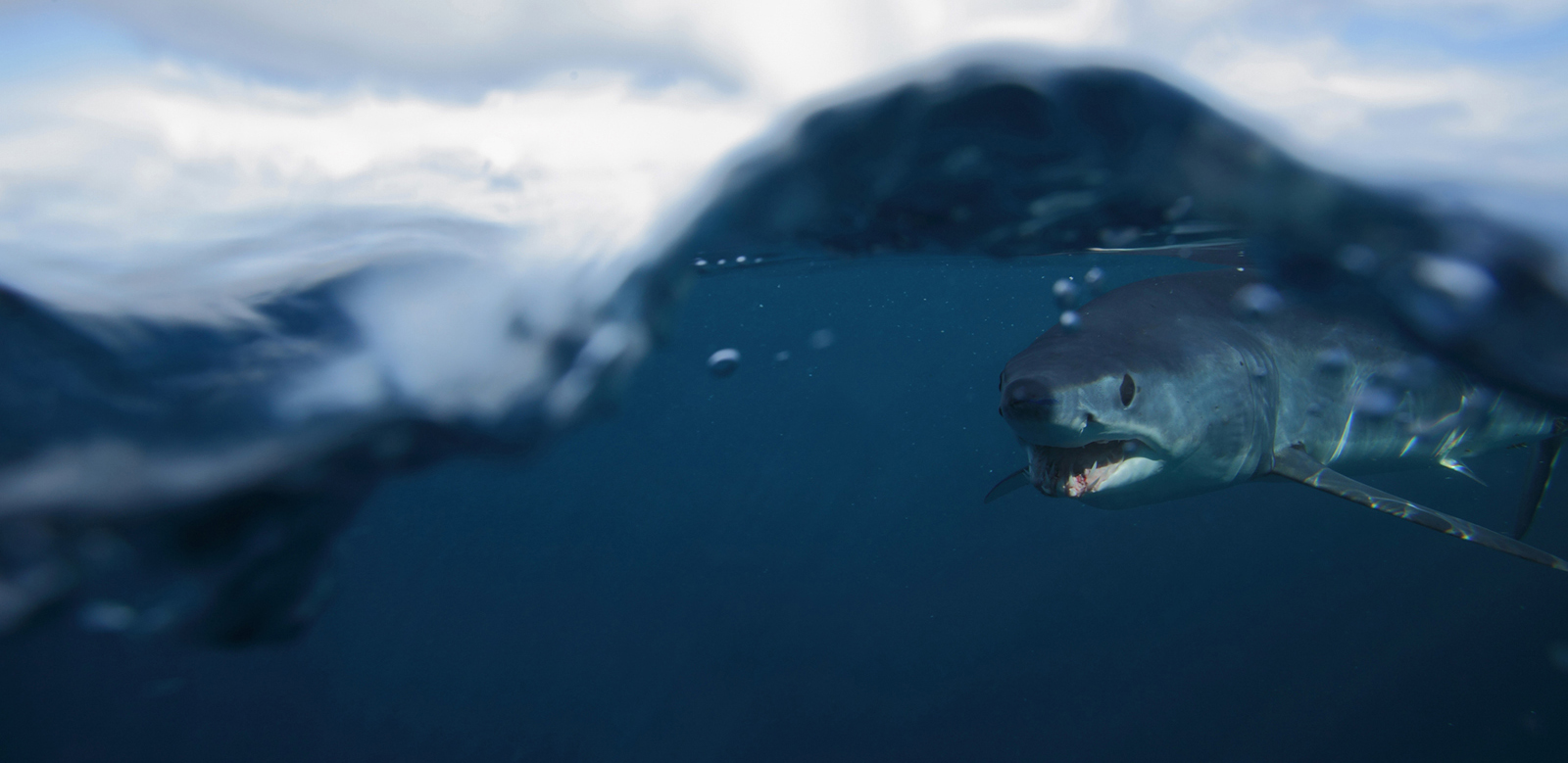Rhode Island Need Not Worry About ‘Murder Hornets’
May 13, 2020
News of the arrival in North America of a non-native insect with the terrifying colloquial name of “murder hornet” has alarmed residents nationwide. But a University of Rhode Island entomologist said there is little reason for Rhode Islanders to worry about them.
Two murder hornets, which are more appropriately called Asian giant hornets, were discovered in Washington State in December shortly after a nest was discovered in nearby British Columbia. Native to Japan, where they are responsible for about 50 human deaths annually, the 2-inch-long insects with orange heads and black eyes are best known for their foraging behavior of ripping the heads off honeybees and feeding the rest of the bees’ bodies to their young.
“Their reputation as murder hornets comes from the fact that they can kill a lot of honeybees in a very short period of time,” URI entomologist Lisa Tewksbury said. “The major concern about their arrival in North America is for the damage they could cause to commercial honeybees used for pollinating agricultural fields. They are capable of quickly destroying beehives.”
Tewksbury said the hornet’s sting isn’t any more toxic than that of the bees and hornets commonly found in New England, but because of their large size, Asian giant hornets can deliver a larger dose of toxin with each sting. They are a danger to humans only when stung multiple times, according to Tewksbury.
“But they’re not known to aggressively attack humans,” she said. “It only happens occasionally and randomly.”
Rhode Island is home to two hornets similar in size to the Asian giant hornet: the cicada killer wasps, which dig their nests in sandy or light soil in areas such as athletic fields and playgrounds; and the European hornet, a non-native species that has become naturalized in New England after its arrival here in the 1800s. Like the Asian giant hornet, they are among the largest wasp-like insects in the world.
Tewksbury said that it’s extremely unlikely that the Asian giant hornets in the Pacific Northwest are in Rhode Island or likely will be soon. The concern is that no one knows how the hornets made it to Washington.
“We don’t know the pathway it took to get to Washington, and since we don’t know, it’s difficult to know how to prevent further introductions into North America,” she said.
Although she noted that Rhode Islanders need not be concerned about murder hornets, she advises residents to keep their eyes out for any unusual insect they’ve never seen before, since non-native insects do occasionally arrive in the region.
If you spot an unusual insect, Tewksbury said, take a picture of it and report it to the Rhode Island Department of Environmental Management’s invasive species sighting form.



